-
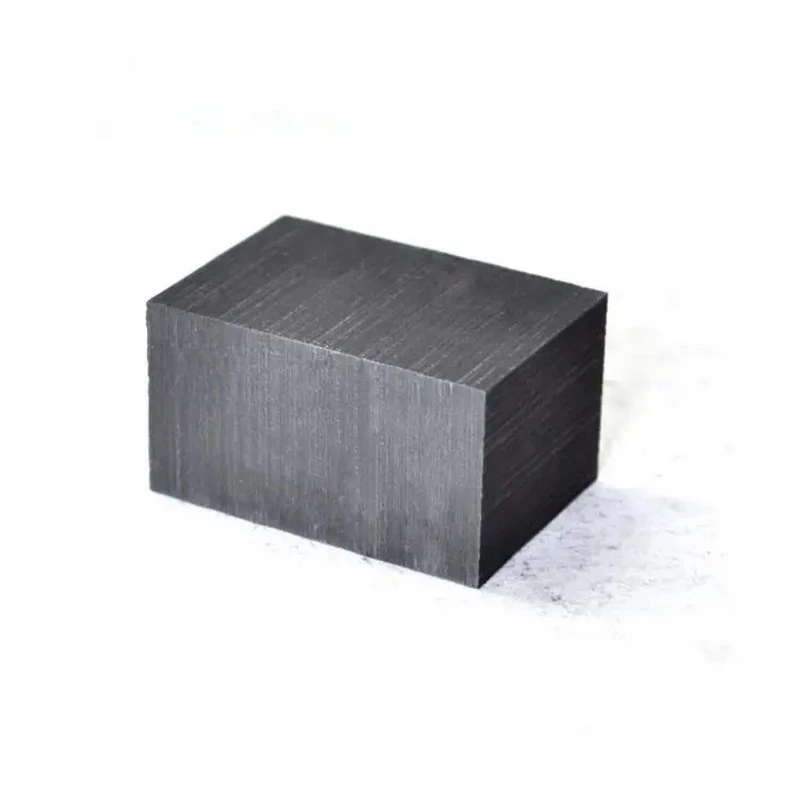
graphite welding block
A graphite welding block is a high-performance tool made from solid or composite graphite, designed to support, insulate, or fixture metal parts during welding and brazing processes. Known for its exceptional heat resistance, electrical conductivity, and chemical stability, it is widely used in both manual and automated welding setups, especially in industries that require clean, precise welds or repetitive thermal processing. Key Features: High Thermal Resistance: Withstands extreme temper... -
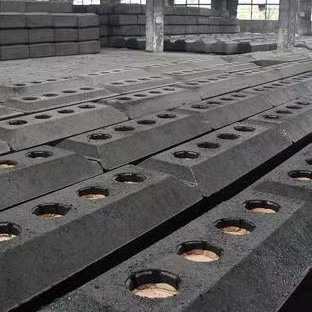
carbon anode block suppliers
Carbon anode blocks are crucial components in aluminum electrolysis, particularly in the Hall–Héroult process, where they serve as the conductive anodes in electrolytic reduction cells. These blocks are made from calcined petroleum coke and coal tar pitch, shaped and baked at high temperatures to ensure strength, conductivity, and durability under aggressive electrochemical conditions. Finding reliable carbon anode block suppliers is essential for aluminum smelters, foundries, and metallurgic... -
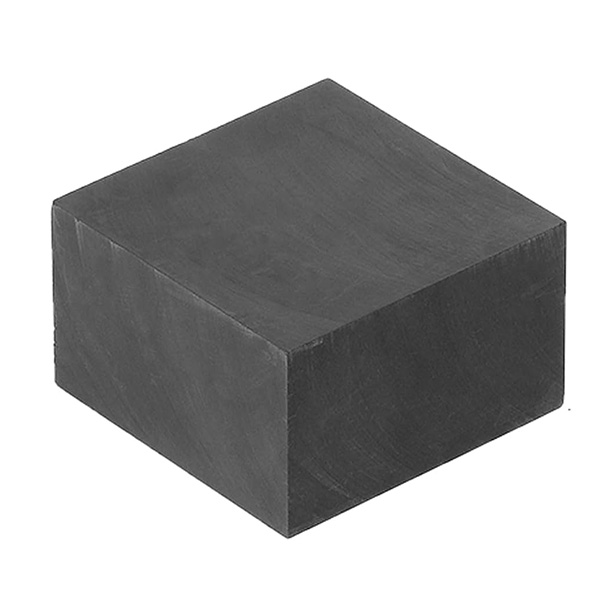
Electrode Block
Electrode blocks are large carbon or graphite components used as the conductive core material in various high-temperature, high-current industrial applications. Made from petroleum coke, pitch, or synthetic graphite, these blocks are designed to conduct electricity and resist thermal and chemical stress in electrometallurgical furnaces, electrochemical processes, and energy systems. They are commonly used in the production of aluminum, ferroalloys, silicon metal, and steel, as well as in elec... -
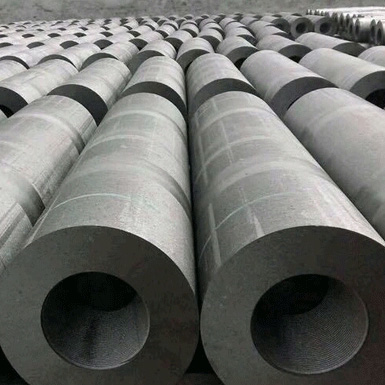
use of graphite electrodes in steel making
Graphite electrodes are essential consumables in the production of steel through the electric arc furnace (EAF) method. These electrodes conduct electricity and generate the intense heat required to melt scrap steel or direct reduced iron (DRI), playing a critical role in modern, energy-efficient steel production. How Graphite Electrodes Are Used in Steelmaking Electric Arc Furnace (EAF) Operation: In an EAF, three large graphite electrodes are inserted vertically into the furnace. An e... -
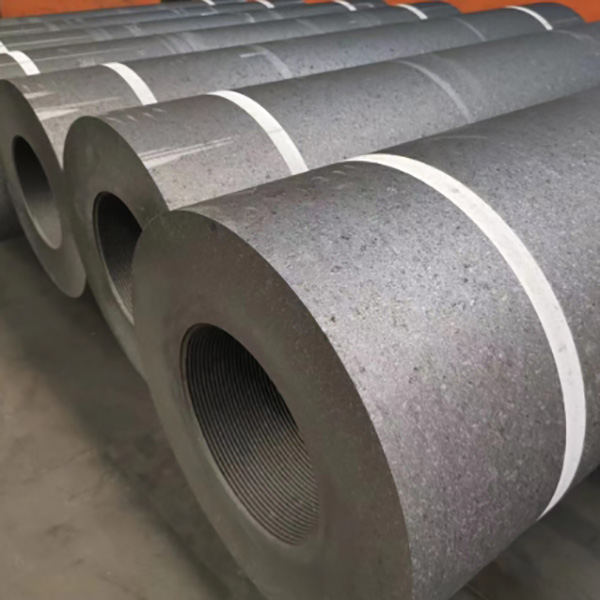
uhp graphite electrode price
UHP (Ultra High Power) graphite electrodes are premium-grade electrodes designed for use in electric arc furnaces (EAF) and ladle furnaces (LF) operating at extremely high current densities. Manufactured using needle coke and processed through multiple stages of baking, graphitization, and machining, UHP electrodes offer superior electrical conductivity, mechanical strength, and thermal shock resistance. These electrodes are essential in modern steelmaking, especially for high-efficiency stee... -
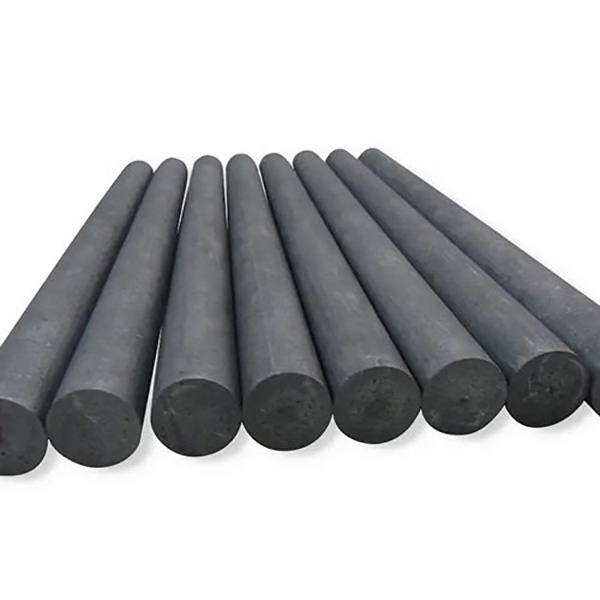
Graphite Welding Electrodes
Graphite welding electrodes are specialized non-consumable or semi-consumable electrodes made from high-purity carbon or graphite. They are used in arc gouging, cutting, and joining applications where high thermal resistance, stable arc performance, and low contamination are essential. These electrodes are especially effective in air carbon arc cutting (CAC-A), a process that removes metal by melting it with an electric arc and blowing it away with compressed air. Key Features: High Thermal... -
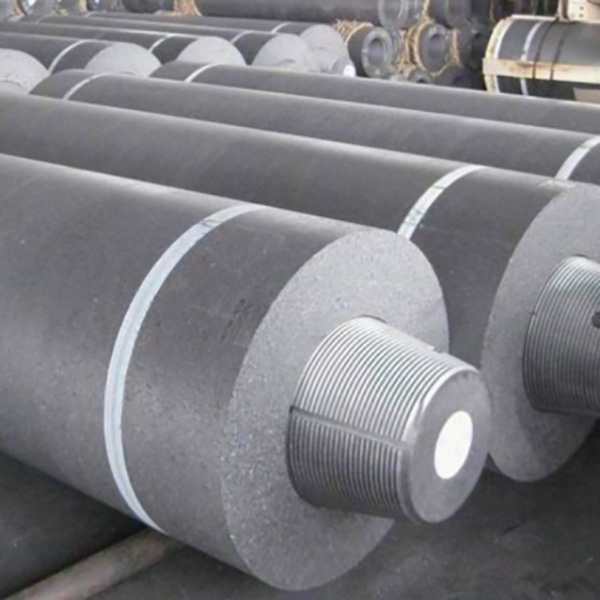
graphite used as electrode
Graphite is one of the most widely used materials for manufacturing electrodes, thanks to its unique combination of electrical conductivity, high-temperature resistance, chemical stability, and machinability. In industrial processes—especially in electric arc furnaces (EAFs)—graphite electrodes are essential for melting scrap steel and refining metals. Graphite’s layered atomic structure allows free electrons to move easily, making it an excellent conductor of electricity, while its carbon-ba... -
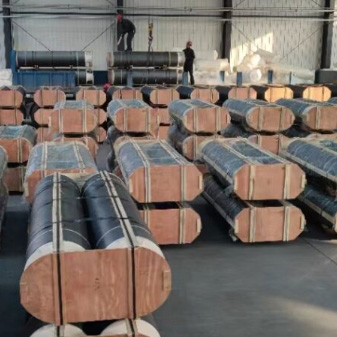
graphite electrode price per ton
Graphite electrodes are essential conductive materials used in electric arc furnaces (EAFs) and ladle furnaces for steelmaking and other metallurgical processes. Made from petroleum coke and needle coke, these electrodes offer high thermal conductivity, low electrical resistance, and excellent mechanical strength at high temperatures. Key Features: High Thermal Conductivity: Performs reliably in extreme furnace temperatures (up to 3500°C). Low Electrical Resistance: Ensures efficient ener... -
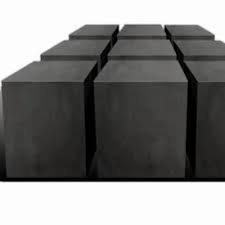
Isostatic Graphite Block
Isostatic graphite blocks are premium-grade carbon materials produced through an advanced cold isostatic pressing (CIP) process. This method ensures uniform density and fine grain structure throughout the block, resulting in exceptional mechanical, thermal, and electrical properties. These blocks are ideal for precision industries that demand consistent performance under extreme conditions. Key Features: Uniform Structure: Isotropic properties due to isostatic pressing guarantee consistent ... -
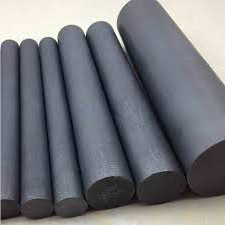
Graphite Rods
Graphite rods are precision-engineered components made from high-purity carbon materials. With excellent thermal conductivity, electrical conductivity, and chemical resistance, these rods are ideal for a wide range of industrial applications such as metal casting, chemical processing, EDM (electrical discharge machining), and laboratory use. Key Features: High Temperature Resistance: Withstands temperatures up to 3000°C in inert or vacuum environments. Excellent Electrical Conductivity: I... -

Graphite Carbon Felt
Graphite carbon felt is a high-performance insulation material made from carbonized and graphitized polyacrylonitrile (PAN) or rayon fibers. Known for its lightweight, flexibility, and superior thermal stability, graphite felt is widely used in high-temperature applications such as vacuum furnaces, solar energy systems, and battery technologies like vanadium redox flow batteries. Key Features: High Temperature Resistance: Operates effectively in temperatures up to 3000°C in inert atmosphere...


